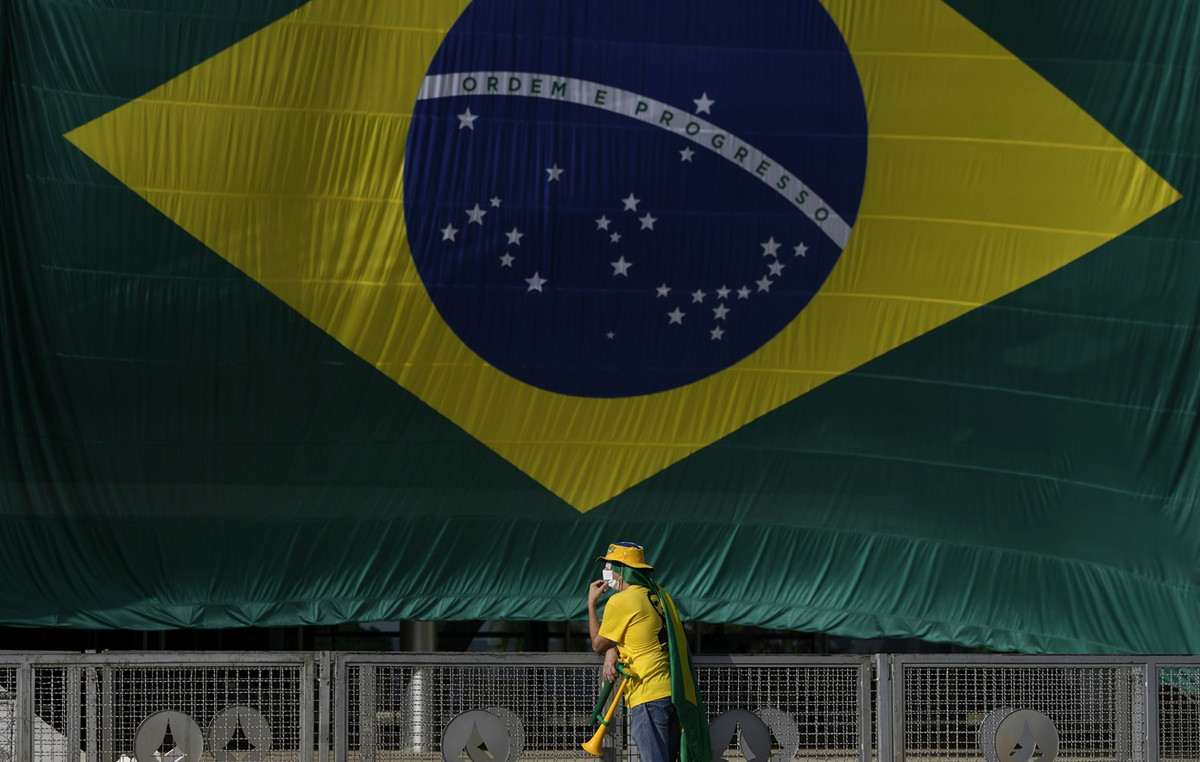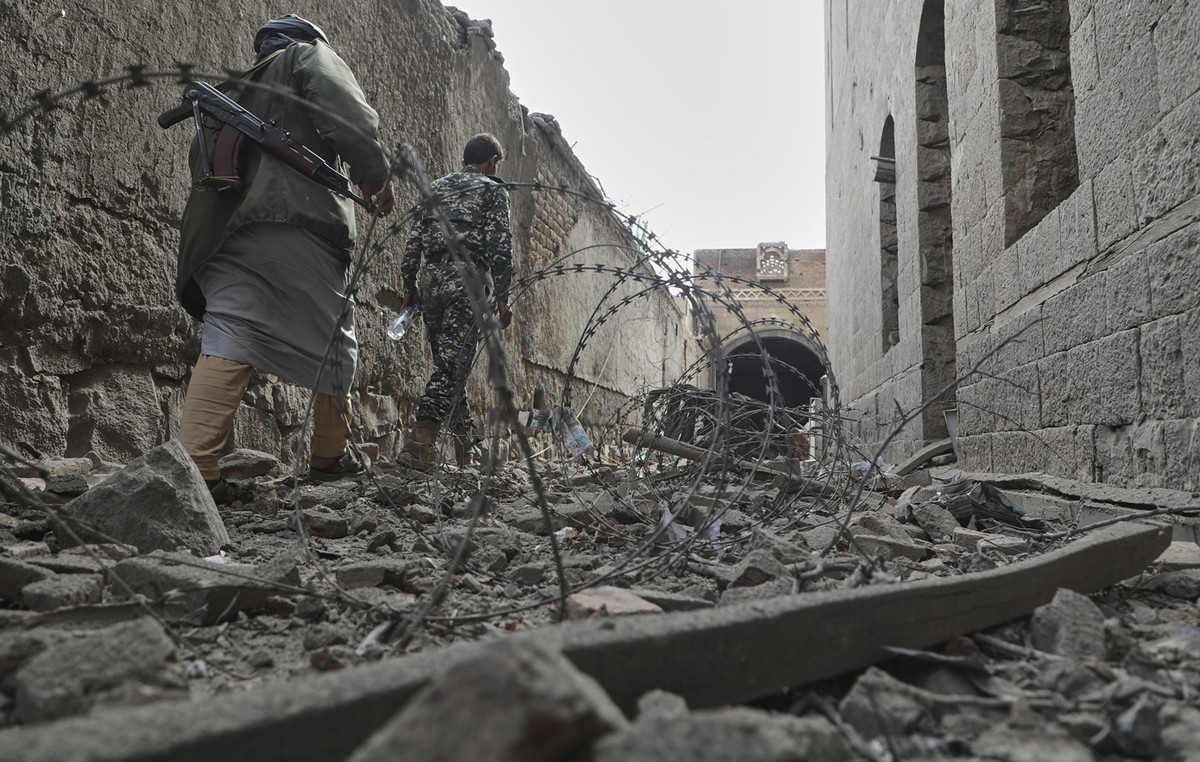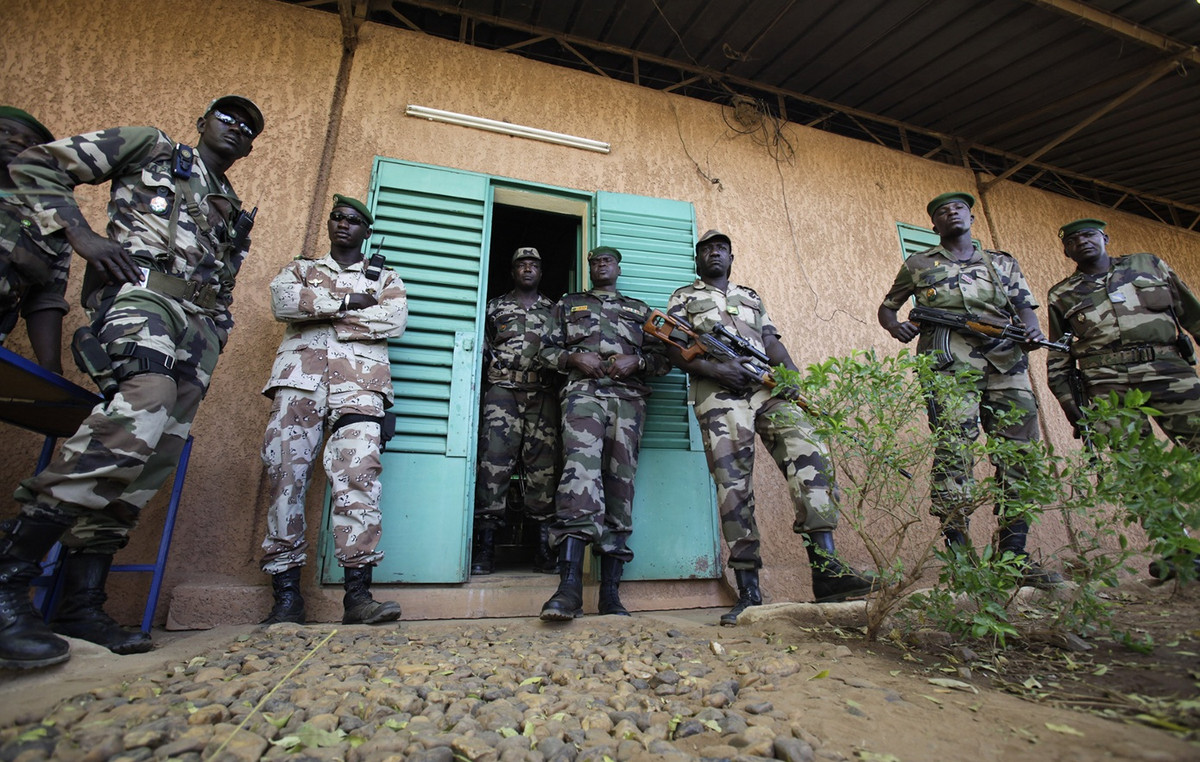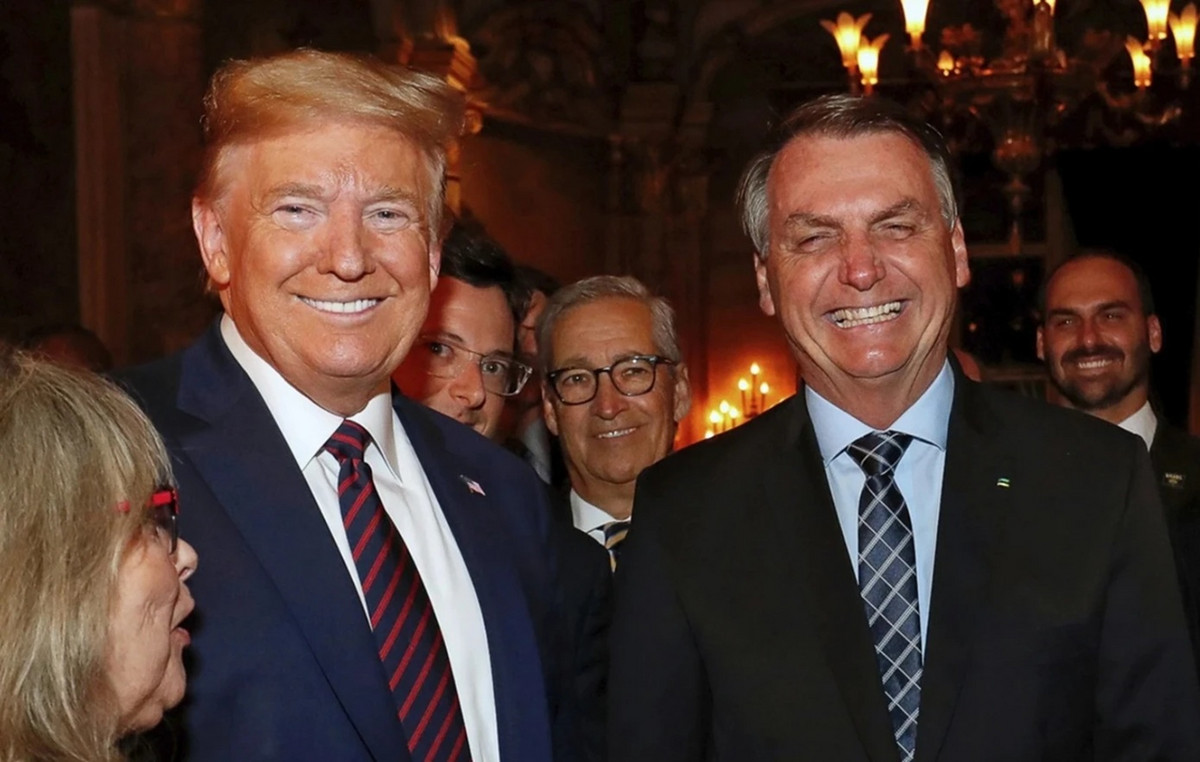With more than 20% of fertilizers purchased from Russia, Brazil saw the price of these inputs rise by up to 32% in two months of the war in Ukraine, completed last Sunday (24).
The data are from the Confederation of Agriculture and Livestock of Brazil (CNA), collected through the Campo Futuro project, which analyzes the costs of the main national production chains.
“We expected the last crop to be the most expensive of the century. But the next one, from 2022-2023, should be at the same level or even more expensive,” CNA assistant technical director Reginaldo Minaré told CNN about the cycle that begins between September and October.
Brazil imports more than 80% of the fertilizers needed to maintain soil quality. Since the beginning of the conflict in Eastern Europe, phosphorus and potassium have readjusted around 18% to 20%.
Urea, the main nitrogen source, was 32% more expensive due to the increase in natural gas, the raw material for the input, which has Russia as one of the main world producers.
“Gas represents 80% of the cost of producing nitrogen. In addition to having the price of raw materials rising, there were some stoppages, suspension of factories in Europe due to the very high gas, which makes production economically unfeasible,” explained Minaré.
And fertilizers were already accumulating highs due to breaks in the supply chain and logistical structure. Between March 2020 and the same month this year, urea increased by 224%. In the case of phosphorus, 239%.
Already potassium, 269%, according to the CNA.
The rise worries producers. According to Reginaldo Minaré, before the start of the conflict, prices began a downward trend.
As a result, several farmers decided to wait to make the necessary purchases for the summer crop, and from July onwards, a period of acquisition and delivery of these products begins.
“Some farmers bought, but others waited for prices to return to a more traditional level and were surprised by the start of the war. And that small reduction in prices has been lost in the last two months. We will have an expensive crop again”, he added.
And the consequence of the increase in production costs is the pass-through to the consumer, in a scenario where inflation manifests itself at the Brazilian table. In March, the National Consumer Price Index (IPCA) stood at 1.62%, with foodstuffs accounting for 72% of this increase, along with transport and beverages.
According to the Brazilian Institute of Geography and Statistics (IBGE), among the highlights were tomatoes and carrots, with an increase of 27.22% and 31.47% last month, respectively.
The price of the crop should still be impacted by the increase in fuels, since the value of the flow is also included in the calculation and oil was another item that recorded a high in the face of the conflict between Ukraine and Russia.
With production more expensive, CNA asks for an expansion of the Safra Plan, a credit program with the objective of encouraging the sector.
“One point that we hope is that there will be a more robust Safra Plan, especially with regard to the issue of insurance, interest, this is important, fundamental with this cost of the Selic. Credit for the farmer takes on another dimension, a robust Harvest Plan is an expectation for the sector, it is a moment of crisis that justifies an increase”, declared the assistant technical director of the CNA, Reginaldo Minaré.
To CNN, the Ministry of Agriculture, Livestock and Supply (Mapa) informed that the 22/23 Crop Plan is being discussed and that there is no provision for differentiated alternatives for the purchase of fertilizers, currently already offered through funding lines.
Federal government denies shortages
The war still raises concerns regarding the supply of fertilizers. Last week, the director general of the World Trade Organization, Ngozi Okonjo-Iweala, was in the country and, to the Parliamentary Agricultural Front, said that “the world cannot survive without Brazilian agriculture.”
The director-general received from President Jair Bolsonaro a request for the free flow of fertilizers in the world, even with economic sanctions on the countries involved in the war.
Despite the concern shown by President Jair Bolsonaro, the Ministry of Agriculture, Livestock and Supply announced that imports of products continue at a normal pace, without interruption in food production.
“There is a team made up of members of the government and the private sector to monitor any problems in order to resolve them immediately, without compromising Brazilian demand. This includes monitoring shipments and international logistics flows. So far, we are receiving the expected volumes.”
The Ministry estimates that the internal stock should ensure about three months of national demand, with the expectation of guaranteeing the planting of the next crop.
The ministry also reported that it has been working to expand external suppliers to reduce the degree of dependence.
In May, new minister Marcos Montes will travel to Morocco, Egypt and Jordan to discuss fertilizer trade with these nations.
Source: CNN Brasil
I am Sophia william, author of World Stock Market. I have a degree in journalism from the University of Missouri and I have worked as a reporter for several news websites. I have a passion for writing and informing people about the latest news and events happening in the world. I strive to be accurate and unbiased in my reporting, and I hope to provide readers with valuable information that they can use to make informed decisions.







